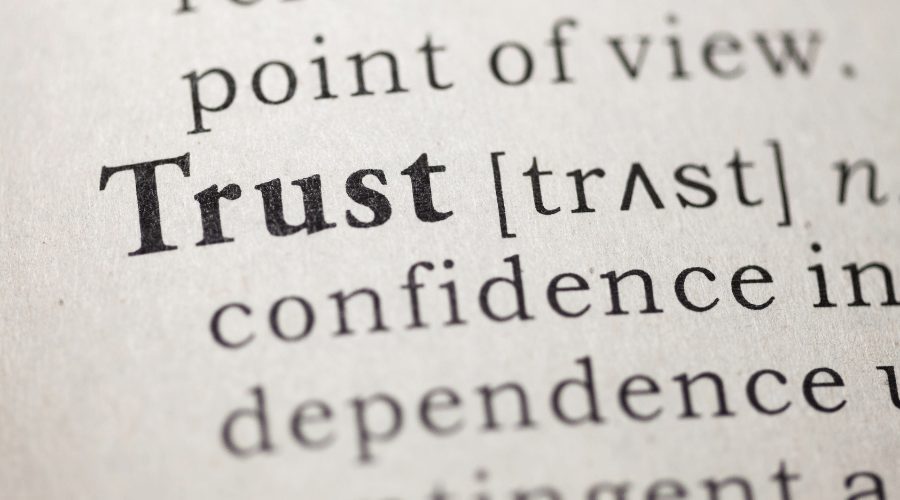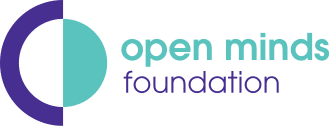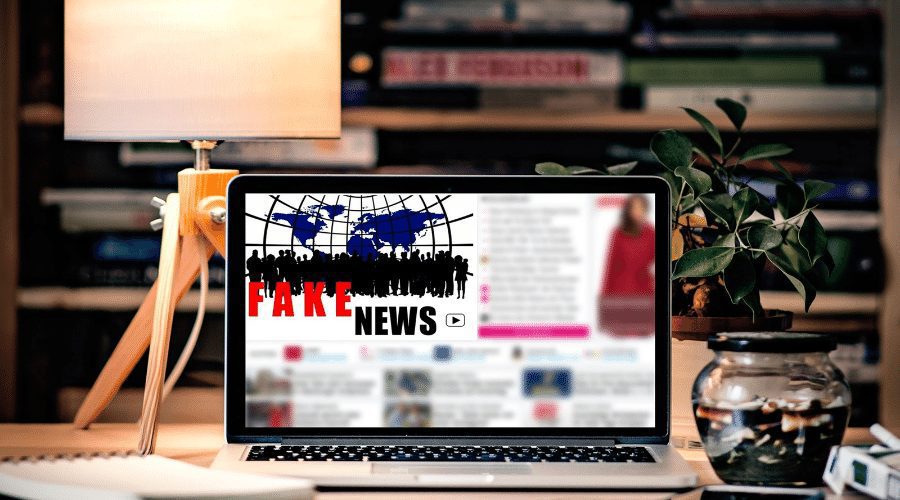In a world where the 2016 Oxford Dictionaries word of the year was “post-truth” pertaining to “circumstances in which objective facts are less influential in shaping public opinion than appeals to emotional and personal belief”, it should come as no surprise that misinformation is a big problem.
According to a study conducted just after the 2016 US election by the Pew Research Centre, we worry about fake news, but do little to manage it ourselves, as 64% of American adults say fake news causes a “great deal of confusion” and 24% said “some confusion”, while only 11% felt there was not much or no confusion from these fake sources. At the same time, 23% said they had shared fabricated political stories themselves, with 14% saying they knew the story was fake at the time that they did it. A report by the Reuters Institute and University of Oxford in 2020 meanwhile highlights a growing distrust, as “less than four in ten (38%) said they trust most news most of the time – a fall of four percentage points from 2019. Less than half (46%) said they trust the news they use themselves.”
So, what can be done about it?
According to the same Pew Research Centre Study, we have a habit of “othering” responsibility, seeking external solutions to the problem rather than taking responsibility ourselves. The report states “When it comes to how to prevent the spread of fake news, many Americans expect social networking sites, politicians and the public itself to do their share. Fully 45% of U.S. adults say government, politicians and elected officials bear a great deal of responsibility for preventing made-up stories from gaining attention, on par with the 43% that say this of the public and the 42% who say this of social networking sites and search engines.”

Platforms are taking on some of the responsibility, with Facebook launching reporting and flagging tools to tackle fake news, although many argue that their steps don’t go far enough. Similarly, Google launched a system in 2019 to enable news outlets to tag stories that present misinformation within them, and the search giant is now seeking additional ways to adjust algorithms and tackle the issue in a meaningful way.
Despite these steps, personal responsibility remains the key factor in tackling misinformation, with critical thinking forming the basis of that personal responsibility. Lateral reading is a great technique to achieve this, utilising multiple sources to validate the facts in a resource.
A new study by the Poynter Institute, in association with Google, launched just as the search engine rolls out a significant number of improvements to tackle misinformation (August 2022), has revealed interesting differences between generations when it comes to misinformation:
- Generation Z (18- to 25-year olds) are the most likely to share misinformation, most commonly doing it unintentionally on social media sites, thanks to a tendency to share emotional content quickly. They are however also the most adept at using advanced fact-checking techniques, including lateral thinking, when they remember to do so, with one third saying they practise this technique always or most of the time.
- 62% of all respondents believe that they see misinformation online every week, but younger generations (Gen Z, Millennials, and Gen X) are more confident in their ability to spot misinformation, as well as being more concerned that their close family and friends are being influenced.
While interesting, Sam Wineburg, a Stanford University Professor with an interest in fact-checking practices, highlights the flaw in the study – self-reporting. What people do and what they say they do are not the same, and the study relies on people accurately understanding and recording how they behave on the internet. His own research studies highlight that younger generations seldom use lateral reading or other fact-checking techniques, without intervention.

Self-led critical thinking practise
Self-awareness and an open mind are the key to tackling your own susceptibility to misinformation. Being aware of some of the key psychological predispositions such as confirmation bias, illusory truth, truth bias, and groupthink can all support you to improve your cognition and question what you “know”. Asking the simple, “how do I know?” can also be a great step to tackling your susceptibility, while specifically practising critical thinking skills should be an essential daily occurrence.

